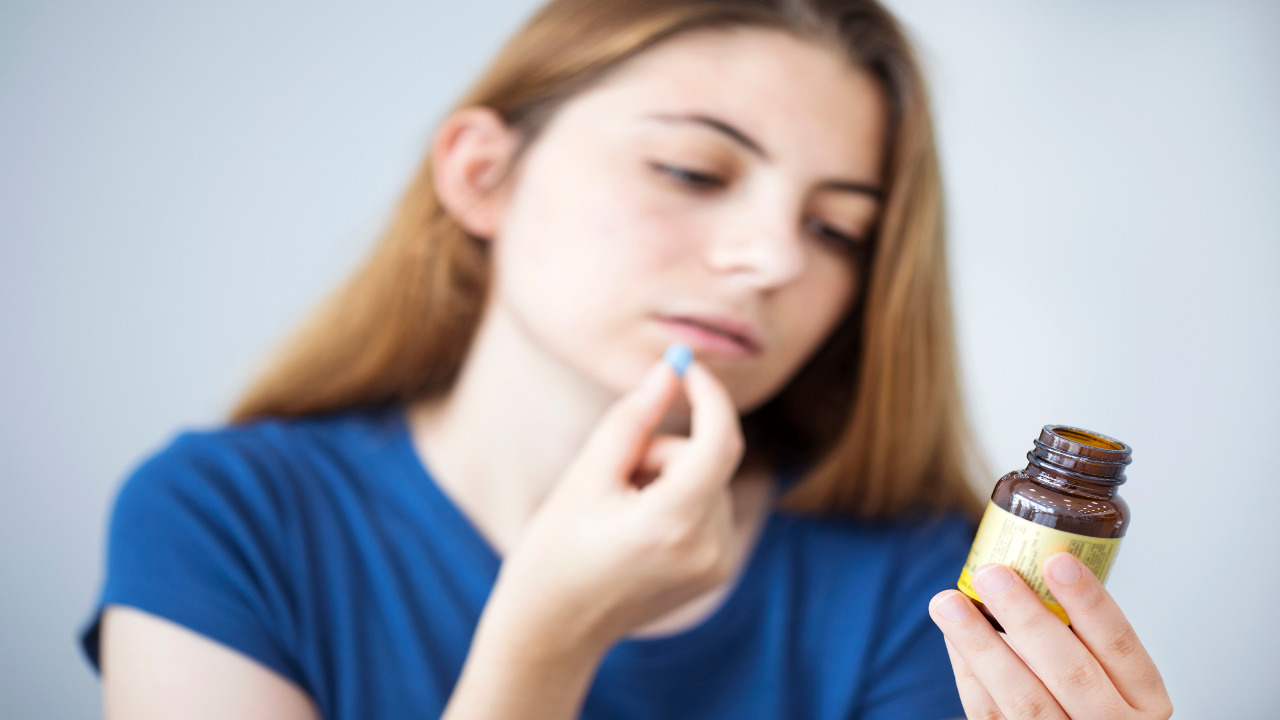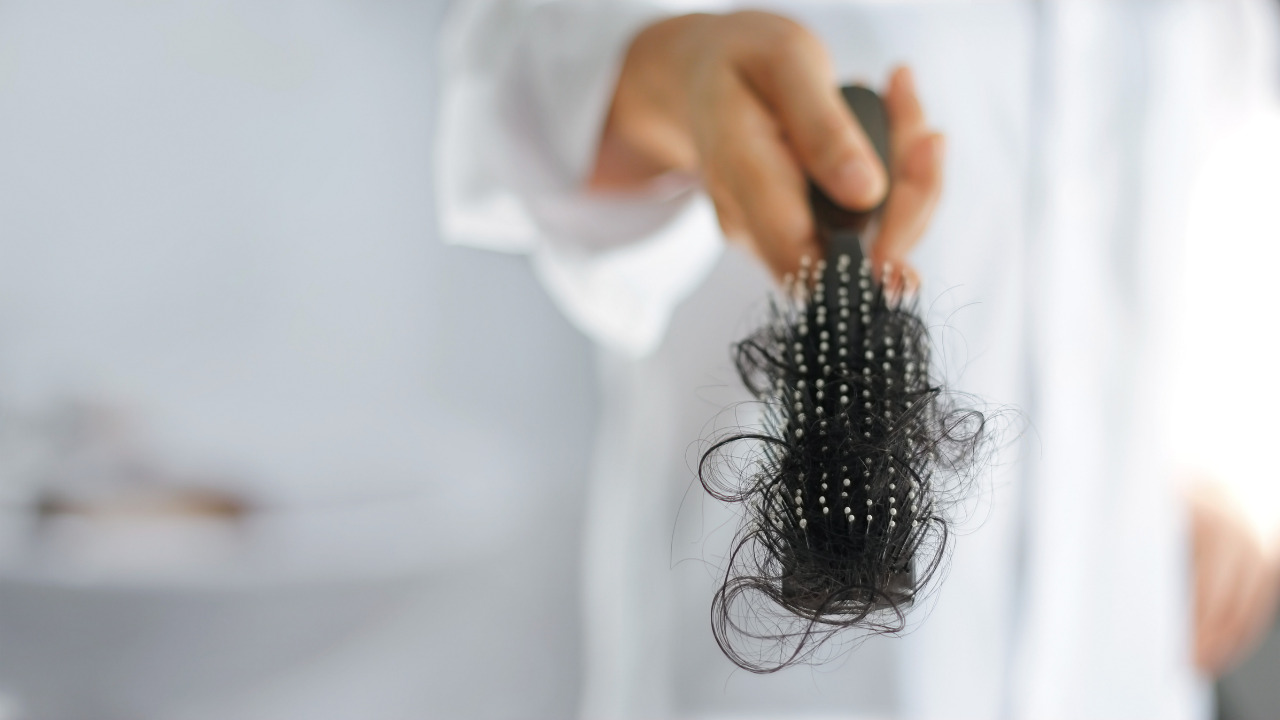Hair Loss as a Consequence of the Respiratory Infection
Mass vaccination brings us closer to defeating the coronavirus. But those who have already been infected have a rather difficult road to recovery, because the effects of the disease can persist for a long time. Health experts have found that one in three people who are cured of the coronavirus may experience disorders they didn’t have before the disease. One of the consequences of the coronavirus infection has been called excessive hair loss. According to statistics, a quarter of COVID-19 survivors turned to specialists two months after recovery with complaints of hair loss. There are several explanations for this phenomenon. One of them is that the body throws all its forces in response to the infection in order to support vital functions, and the resources necessary for hair growth are drastically limited. An infection such as COVID-19 is a serious blow to the body; under its effect, metabolic processes, including oxygen exchange in tissues and organs, are disrupted. As a result, hair follicles remain dormant for a longer time than usual, which provokes hair loss. The body simply does not have enough energy to restore them.
A way to ease the period of the disease and prevent the consequences

Still, one of the main methods of fighting COVID-19, in addition to vaccination, is timely diagnosis of the disease. With the development of modern medicine and technology, you can find out if you are infected with coronavirus infection without leaving home. You only need to buy the FlowFlex Covid test for self-testing and follow the instructions for use. This affordable, easy-to-use test system has already established itself as an excellent alternative to more complex testing methods such as PLR tests. However, there is still a certain probability of an incorrect result of the quick test, so it is recommended to use it as a primary diagnostic test.
How COVID-19 affects the hair

Scientists still know little about the long-term effects of coronavirus infection. So can Covid-19 cause hair loss? Such a symptom has only been identified relatively recently. Treatment of coronavirus infection involves long-term medication, which not only increases the burden on the liver and excretory organs, but also weakens the immunity of the digestive tract mucous membranes, the consequences of which can be acute hair loss. In addition, the patient during the disease and treatment is under stress, which forces the nervous and endocrine systems to turn on an active mode of operation. As a result, delayed complications develop, including weakening of the hair follicles. At the same time, studies have shown that hair loss after illness is not related to whether patients require inpatient treatment or emergency oxygen services. The proportion of people suffering from hair loss was about the same regardless of the degree of illness.
How to stop hair loss after coronavirus
Of course, hair loss after COVID-19 is a reversible process. Proper rehabilitation after the disease contributes to the recovery of the body and the beginning of the phase of hair follicle growth. In case of severe hair loss, it is recommended to make an appointment with a trichologist to examine your hair and prescribe treatment. Under no circumstances do not engage in self-medication, as it can only make the situation worse. Any lotions and shampoos can give the opposite effect and have a negative impact on your situation. It is important to remember that your body needs time to recover, and you first need to help your body to do this. The hair recovery process can take three to four months or more.


